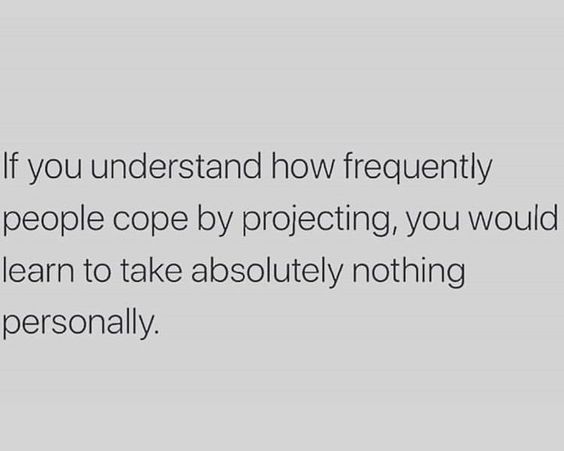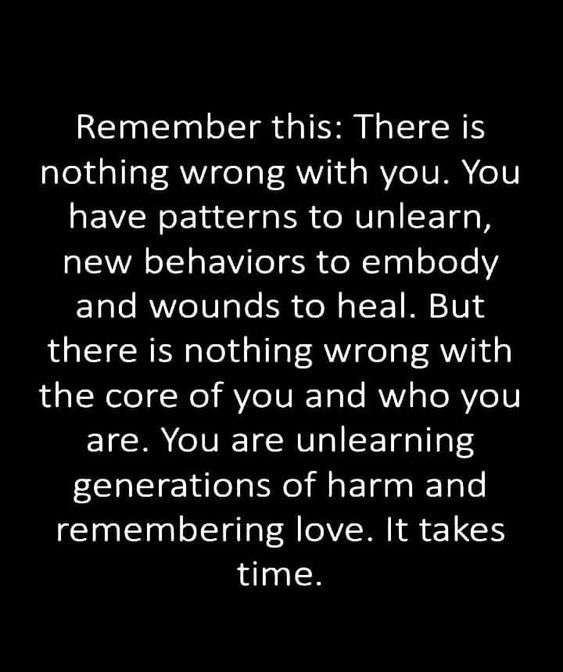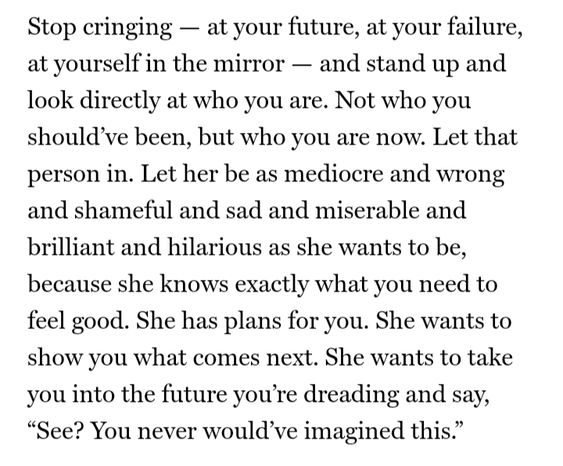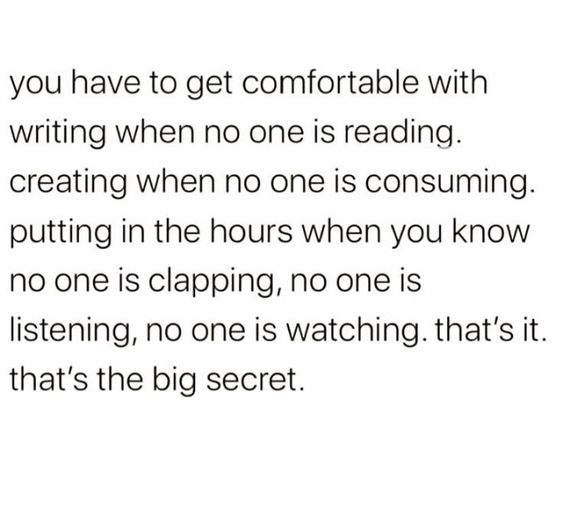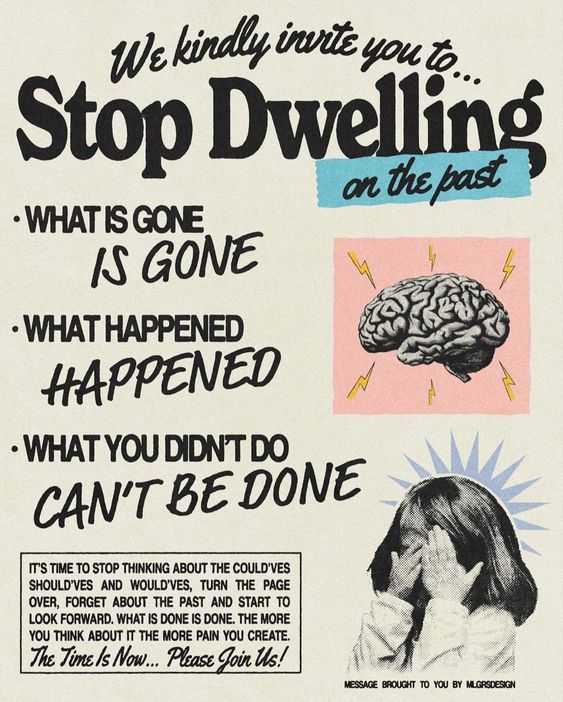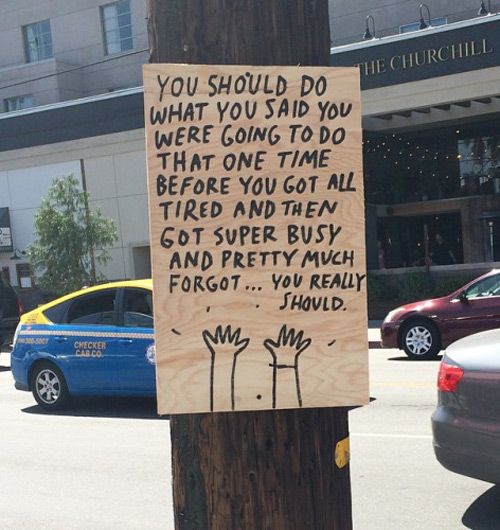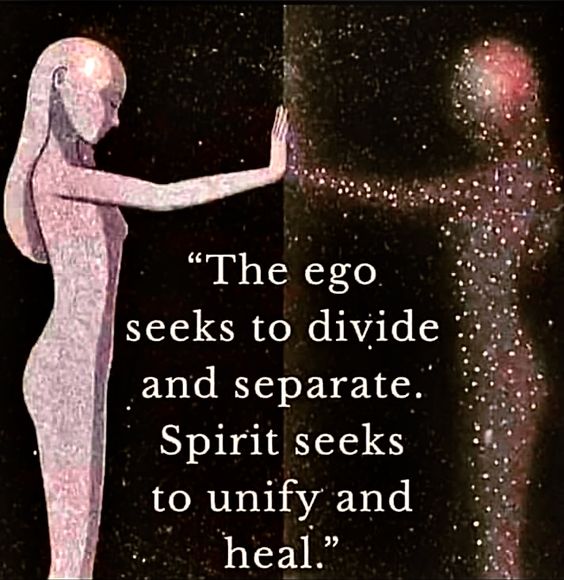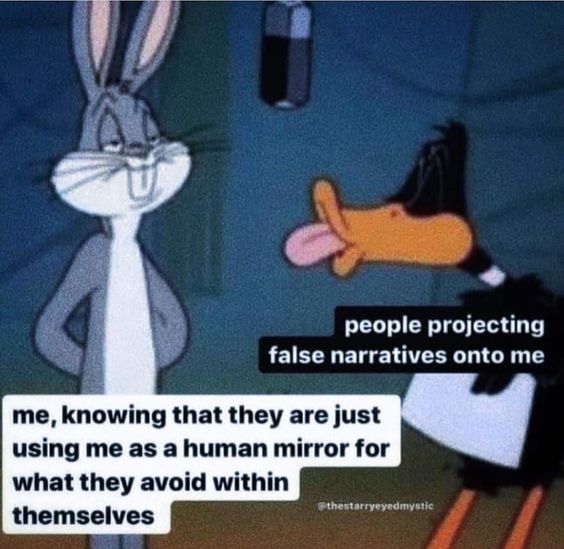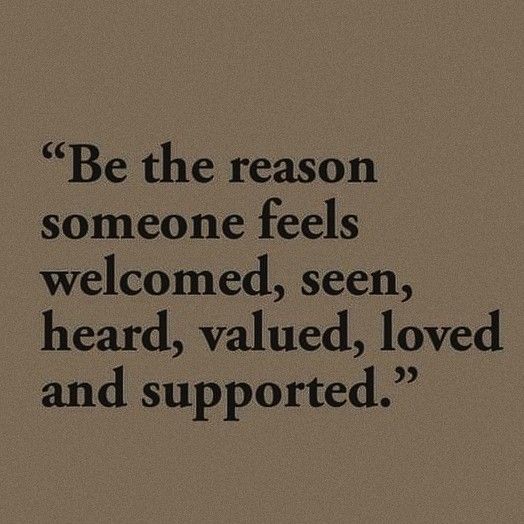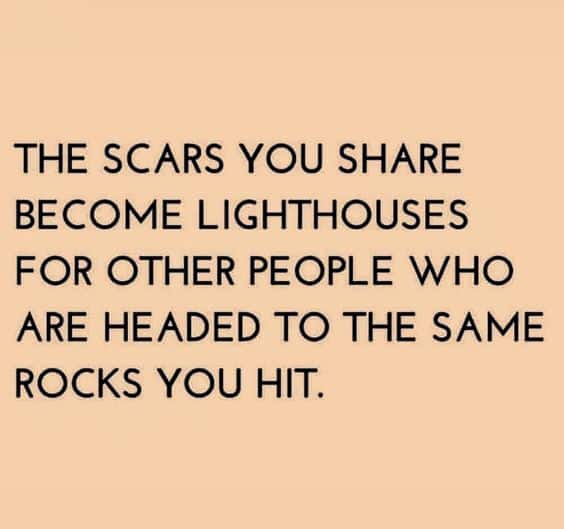“Every lover feels that something is missing, because love is unfinished. It is a process, not a thing. Every lover is bound to feel that something is missing. Don’t interpret this wrongly. It simply shows that love in itself is dynamic.”
Osho, Everyday Osho (Page 72)
“If you take a long, hard look at your romantic relationships that have ended in fire, you will very likely notice they began with a considerable bit of smoke. When we’re young and dumb, we believe that love is like a fairytale. We believe that we can be the one that finally helps her shake her ex. We believe that we can be the one that helps him conquer his Vicodin addiction. We believe that love can begin badly and then somehow miraculously make a comeback in the 4th quarter. But, love doesn’t work this way. The love that is good in the end, starts out good in the beginning; and the love that is bad in end, started out bad in the beginning.”
Cole Schafer
“When we deny fear, our problems follow us. In fact, they’re probably getting bigger, and bigger, and at some point something will force us to deal with them. When all else fails, pain does make us pay attention. If we don’t learn from the signal that alerts us to a problem, we’ll end up learning from the results of the problem itself, which is far less desirable. But if we face our fear—we stay, we deal with the fire, we have the tough conversation—we become stronger as a result.”
Jay Shetty, Think Like A Monk (Page 62)
“Think of something great that happened to you. Perhaps it was the birth of a child or getting that new job you wanted. Let yourself feel that joy for a moment. Now rewind to the events that occurred just before it. What was going on in your life before the birth of your child or before you were selected for that job? Perhaps it was months and months of trying unsuccessfully to conceive or being rejected from three other jobs you’d applied for. Now try to see that narrative as a whole story—a progression from the bad to the good. Open yourself to the idea that perhaps what happened during the challenging time was actually clearing the way for what you’re now celebrating, or made you feel even happier about the experience that came after it. Now take a moment to express gratitude for those challenges and weave them into the story of your life.”
Jay Shetty, Think Like A Monk (Page 61)
“Ask yourself: ‘What am I afraid of losing?’ Start with the externals: Is it your car, your house, your looks? Write down everything you think of. Now think about the internals: your reputation, your status, your sense of belonging? Write those down too. These combined lists are likely to be the greatest sources of pain in your life—your fear of having these things taken away. Now start thinking about changing your mental relationship with those things so that you are less attached to them. Remember—you can still fully love and enjoy your parter, your children, your home, your money, from a space of nonattachment. It’s about understanding and accepting that all things are temporary and that we can’t truly own or control anything, so that we can fully appreciate these things and they can enhance our life rather than be a source of griping and fear.”
Jay Shetty, Think Like A Monk (Page 57)
“Those strong winds that hit hard are not really enemies. They help to integrate you. They look as if they will uproot you, but in fighting with them you become rooted.”
Osho, Everyday Osho (Page 70)
“We want to see [fear] as its own entity, separate from us. When we talk about our emotions, we usually say we are that emotion. I am angry. I am sad. I am afraid. Talking to our fear separates it from us and helps us understand that the fear is not us, it is just something we’re experiencing. When you meet someone who gives off a negative vibe, you feel it, but you don’t think that vibe is you. It’s the same with our emotions—they are something we’re feeling, but they are not us. Try shifting from I am angry to I feel angry. I feel sad. I feel afraid. A simple change, but a profound one because it puts our emotions in their rightful place.”
Jay Shetty, Think Like A Monk (Page 55)
“When you deal with fear and hardship, you realize that you’re capable of dealing with fear and hardship. This gives you a new perspective: the confidence that when bad things happen, you will find ways to handle them. With that increased objectivity, you become better able to differentiate what’s actually worth being afraid of and what’s not.”
Jay Shetty, Think Like A Monk (Page 51)
“Being scared of exam results was what I call a branch. As you develop your relationship with your fear, you’ll have to distinguish between branches—the immediate fears that come up during your self-interview—and the root. Tracking my fear of exam results and the other ‘branch’ fears that appeared led me to the root: fearing I couldn’t make my parents happy.”
Jay Shetty, Think Like A Monk (Page 49)
“Openness is vulnerability. When you are open, you feel at the same time that something wrong can enter you. That is not just a feeling; it is a possibility. That’s why people are closed. If you open the door for the friend to come in, the enemy can also enter. Clever people have closed their doors. To avoid the enemy, they don’t even open the door for the friend. But then their whole life becomes dead. But there is nothing that could happen, because basically we have nothing to lose—and that which we have cannot be lost. That which can be lost is not worth keeping. When this understanding becomes tacit, one remains open.”
Osho, Everyday Osho (Page 67)
